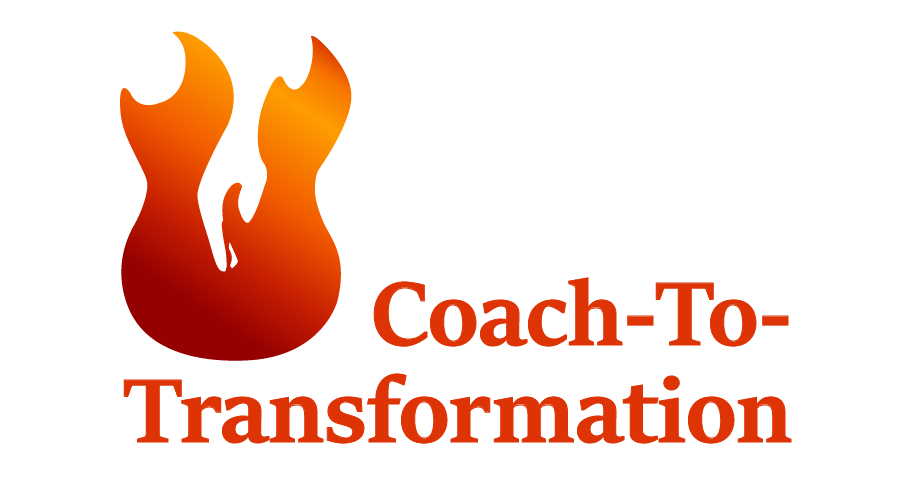Ubuntu Coach Certification (DEIB) Program

About this course
Intensive 4-week program dives deep into the complexities of diversity and inclusion (D&I) as they intersect with the coaching profession. We’ll challenge assumptions, unpack biases, and equip coaches with actionable strategies to create truly inclusive coaching experiences.
Through a combination of discussion, case studies, and reflective practices, we’ll explore how D&I impacts every aspect of coaching, from the initial client relationship to the ongoing process of change and development.
Course Overview
Week 1:
Realigning Perspectives on DE:
- Define DEIB: Understand the significance of diversity, equity, inclusion, and belonging in coaching.
- Impact & Challenges: Explore DEIB’s positive effects on coaches and clients, and address common obstacles.
- Bias in Coaching: Define bias, identify common types, and introduce strategies for mitigation.
Week 2:
Bias & CTT D&I Competencies
- CTT D&I Competencies: Introduce the Coach-To-Transformation D&I Competency Document and its four core competencies.
- Integration: Discuss how coaches can cultivate and integrate these competencies into their daily work.
Week 3:
Actionable Steps for DEIB Integration
- Personal DEIB Action Plan: Guide coaches in self-reflection and creating personalized action plans.
- DEIB Resources & Community: Share curated resources and foster a supportive learning community.
- Taking Action & Tracking Progress: Introduce a DEIB Action Tracker template for monitoring progress.
Week 4:
Amplifying DEIB Impact
Inclusive Coaching Practice: Integrate DEIB principles into coaching models and create a welcoming environment.
- Advocating for DEIB: Engage in role-playing scenarios to practice advocating for DEIB in various settings.
- Sustaining DEIB Commitment: Reflect on the journey, celebrate successes, and plan for continued growth.
- DEIB Goals & Aspirations: Review overarching DEIB goals for the coaching profession and discuss how coaches can contribute
Members
Our course begins with the first step for generating great user experiences: understanding what people do, think, say, and feel. In this module, you’ll learn how to keep an open mind while learning.


